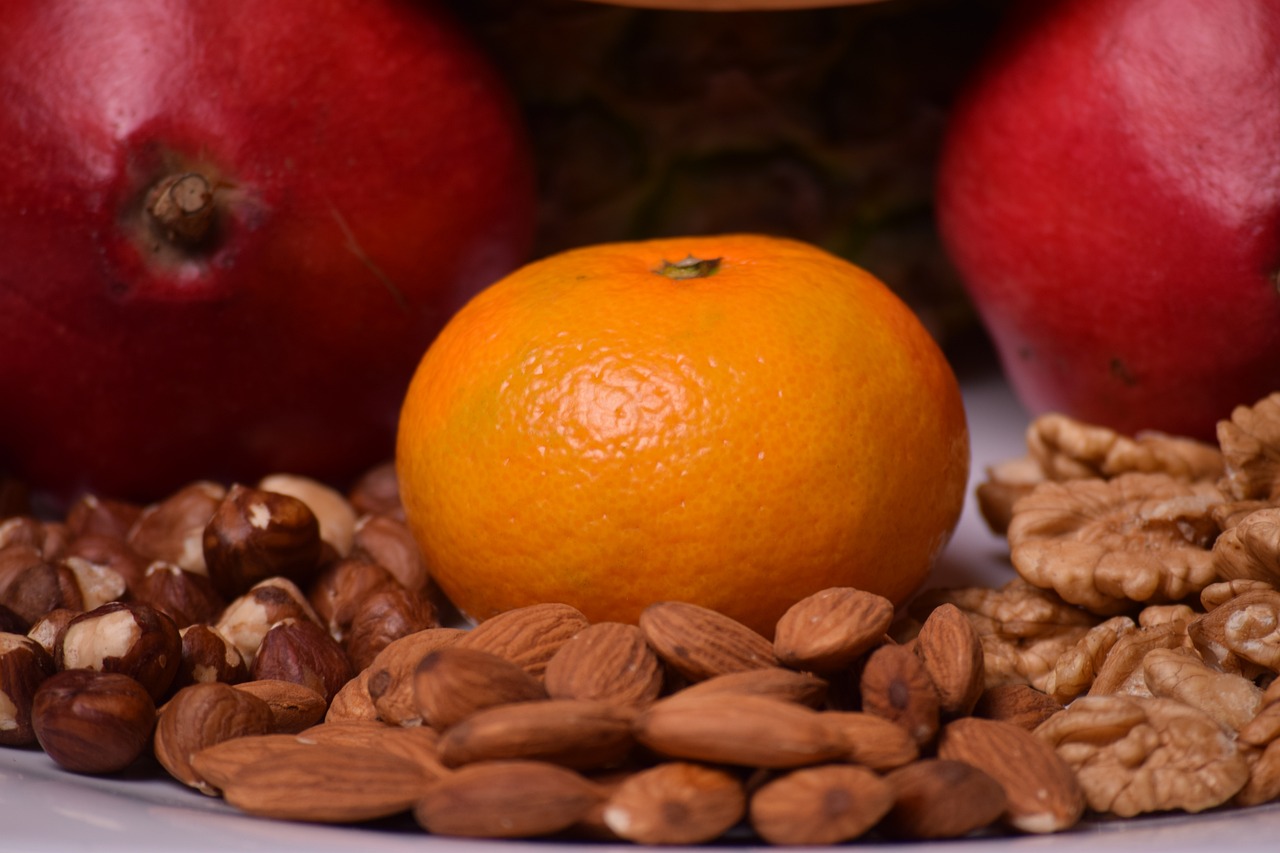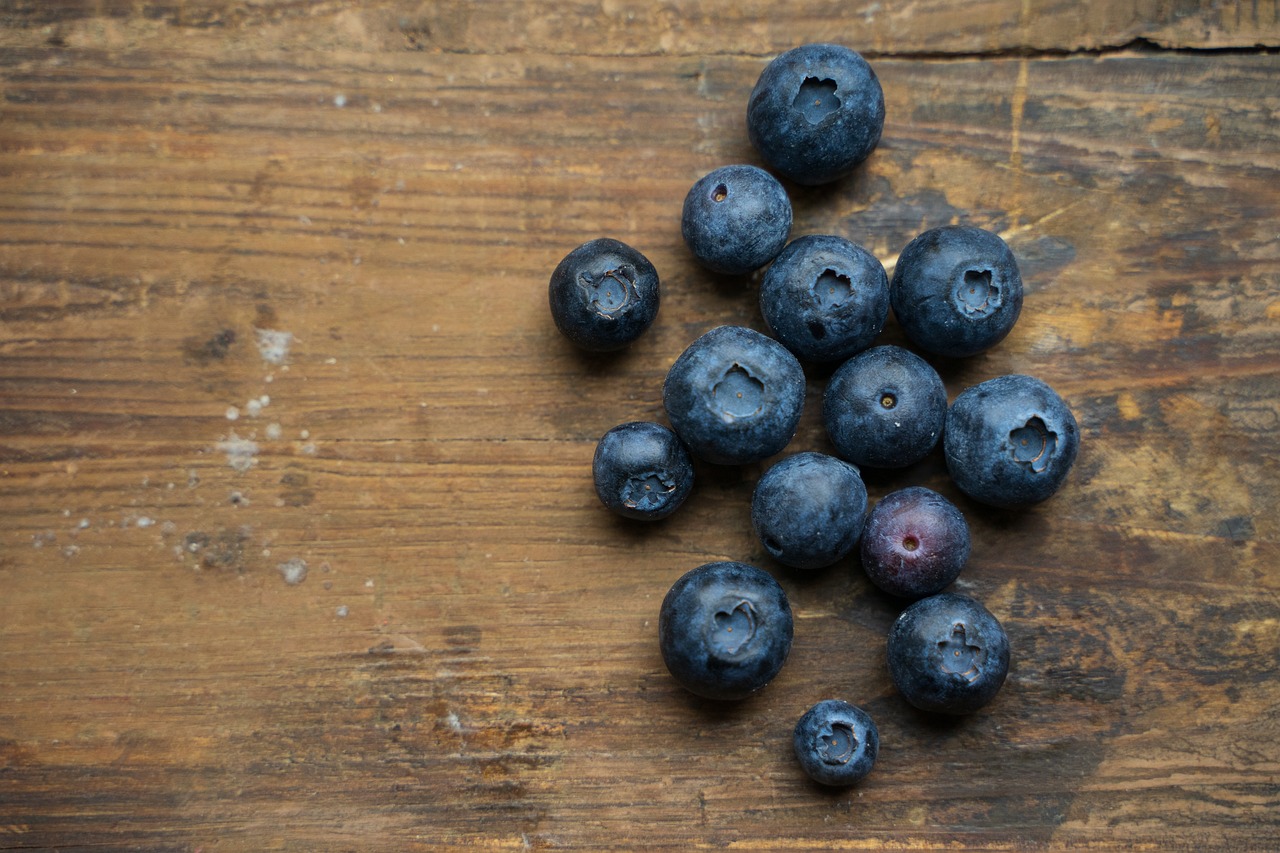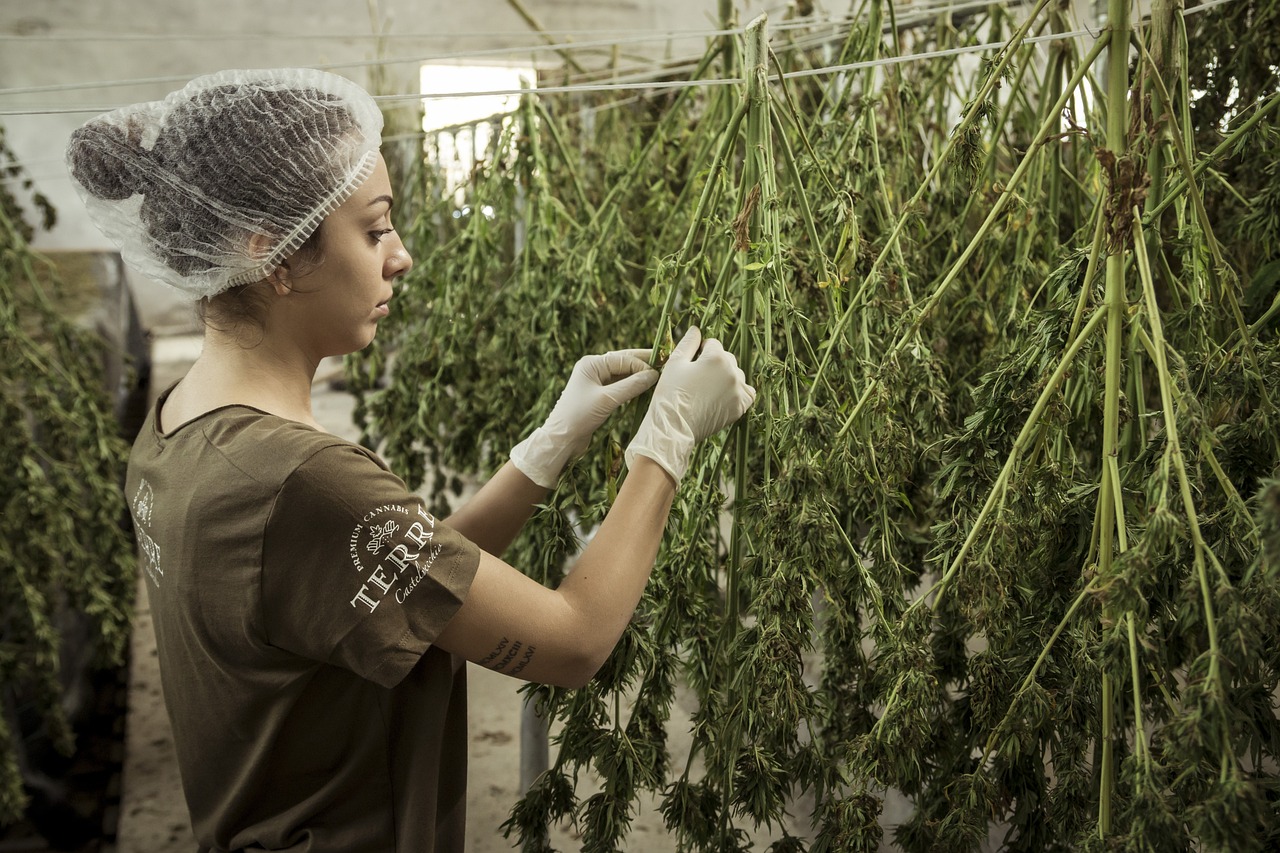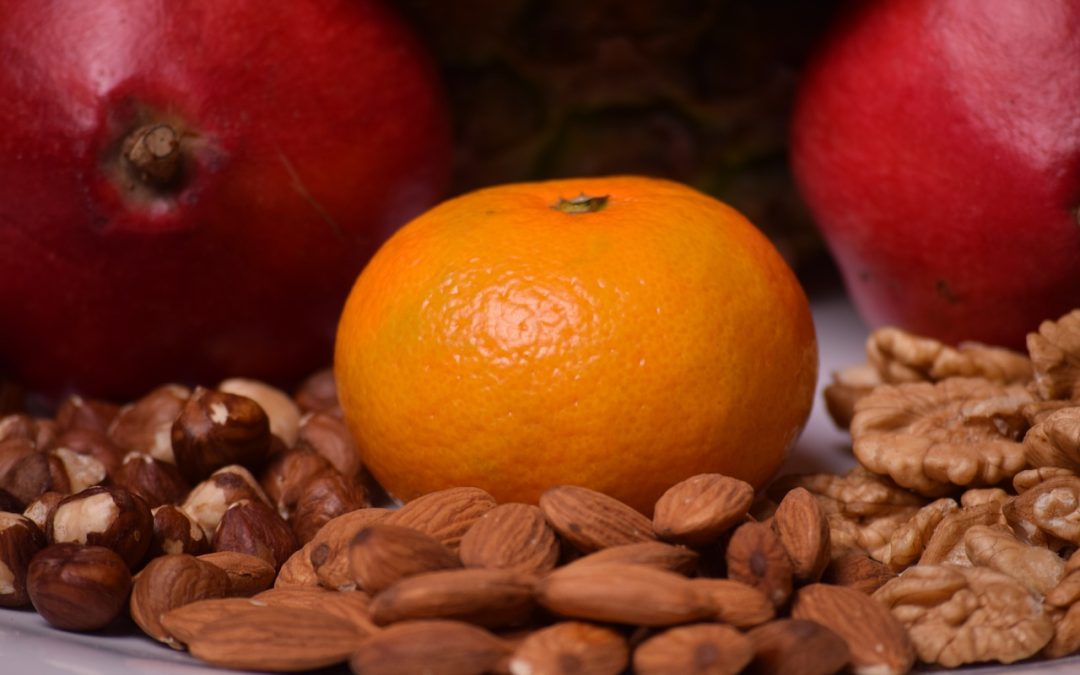Are you looking to improve your diet by incorporating more nutrient-dense foods?
If you’re on a journey to better health, focusing on nutrient-dense foods is a great place to start. These foods are packed with essential vitamins, minerals, and other nutrients that can help improve your overall well-being. In this article, we’ll explore some of the top superfoods that are nutrient-dense and provide your body with the fuel it needs to thrive.
What are nutrient-dense foods?
Nutrient-dense foods are those that provide a high amount of nutrients relative to their calorie content. These foods are typically rich in vitamins, minerals, antioxidants, and fiber, making them an excellent choice for supporting optimal health. By focusing on consuming nutrient-dense foods, you can ensure that your body is getting the essential nutrients it needs to function at its best.
The benefits of incorporating nutrient-dense foods into your diet
Before we dive into the top superfoods that are nutrient-dense, let’s talk about some of the benefits you can experience by incorporating these foods into your diet. Nutrient-dense foods can help:
- Support overall health and well-being
- Boost energy levels
- Improve digestion
- Enhance immune function
- Promote healthy aging
- Aid in weight management
By making nutrient-dense foods a regular part of your diet, you can experience these benefits and more.
Top superfoods that are nutrient-dense
Now, let’s take a closer look at some of the top superfoods that are packed with essential nutrients and make a great addition to any healthy diet.
Kale
Kale is often referred to as a nutritional powerhouse, and for good reason. This leafy green vegetable is rich in vitamins A, C, and K, as well as minerals like magnesium, calcium, and potassium. Kale is also a great source of antioxidants, which can help protect your cells from damage caused by free radicals. Whether you enjoy it raw in salads, sautéed, or blended into a smoothie, kale is a versatile and nutrient-dense food that can benefit your health in many ways.

Salmon
Salmon is an excellent source of omega-3 fatty acids, which are essential for brain health, heart health, and reducing inflammation in the body. Additionally, salmon is rich in high-quality protein and important nutrients like vitamin D and selenium. Including salmon in your diet regularly can help support your overall health and provide you with a delicious and nutrient-dense source of protein.
| Nutrient | Amount per 3 oz (85g) serving |
|---|---|
| Protein | 22 grams |
| Omega-3s | 1,680 mg |
| Vitamin D | 570 IU |
| Selenium | 27 mcg |
Quinoa
Quinoa is a nutrient-dense whole grain that is packed with protein, fiber, and essential vitamins and minerals. This versatile grain is gluten-free and provides all nine essential amino acids, making it a complete source of protein. Quinoa is also rich in antioxidants, which help protect your cells from damage and support overall health. Whether you use it as a base for salads, stir-fries, or soups, quinoa is a nutritious and delicious addition to any diet.
Blueberries
Blueberries are not only sweet and delicious but also incredibly nutrient-dense. These little berries are packed with antioxidants, vitamins, and minerals that can help support your immune system, promote healthy aging, and protect against chronic diseases. Blueberries are also low in calories and high in fiber, making them a great snack option for anyone looking to improve their diet. Whether you enjoy them fresh, frozen, or blended into a smoothie, blueberries are a superfood worth adding to your diet.
| Nutrient | Amount per 1 cup (148g) serving |
|---|---|
| Vitamin C | 14 mg |
| Fiber | 4 grams |
| Antioxidants | Anthocyanins |
| Vitamin K |

Avocado
Avocado is a nutrient-dense fruit that is rich in heart-healthy monounsaturated fats, fiber, vitamins, and minerals. This creamy fruit is a great source of potassium, which can help regulate blood pressure and support heart health. Avocado also contains folate, vitamin E, and antioxidants that can help protect your cells from damage and promote overall well-being. Whether you enjoy avocado sliced on toast, blended into guacamole, or added to salads, this superfood is a versatile and tasty addition to any diet.
| Nutrient | Amount per 1/2 avocado (50g) serving |
|---|---|
| Fiber | 5 grams |
| Potassium | 345 mg |
| Vitamin E | 1.3 mg |
| Folate | 60 mcg |
Sweet potatoes
Sweet potatoes are a nutrient-dense root vegetable that is packed with vitamins, minerals, and fiber. These colorful tubers are rich in beta-carotene, an antioxidant that is converted into vitamin A in the body. Sweet potatoes are also a good source of vitamin C, potassium, and fiber, making them a nutritious addition to any meal. Whether you bake, roast, or mash them, sweet potatoes are a versatile and nutrient-dense food that can help support your overall health.
Chia seeds
Chia seeds are a tiny but mighty superfood that is rich in omega-3 fatty acids, fiber, protein, and antioxidants. These seeds can absorb up to 10 times their weight in water, making them a great source of hydration and promoting feelings of fullness. Chia seeds are also a good source of calcium, magnesium, and phosphorus, which are important minerals for bone health. Whether you sprinkle them on yogurt, oatmeal, or salads, chia seeds are a nutrient-dense addition to any diet.
| Nutrient | Amount per 1 oz (28g) serving |
|---|---|
| Fiber | 10 grams |
| Omega-3s | 5,060 mg |
| Protein | 4 grams |
| Calcium | 179 mg |

Spinach
Spinach is a leafy green vegetable that is a nutritional powerhouse, providing a wide range of vitamins, minerals, and antioxidants. This nutrient-dense vegetable is rich in vitamins A, C, K, and folate, as well as minerals like iron, magnesium, and potassium. Spinach is also an excellent source of antioxidants, which can help protect your cells from damage and support overall health. Whether you enjoy it raw in salads, cooked in stir-fries, or blended into smoothies, spinach is a versatile and nutrient-dense food that can benefit your health in many ways.
Lentils
Lentils are a nutrient-dense legume that is rich in protein, fiber, and essential vitamins and minerals. These tiny legumes are a good source of folate, iron, potassium, and magnesium, which are important nutrients for overall health. Lentils are also low in calories and fat, making them a great plant-based protein option for anyone looking to improve their diet. Whether you use them in soups, stews, or salads, lentils are a nutritious and versatile addition to any meal.
| Nutrient | Amount per 1 cup (198g) serving |
|---|---|
| Protein | 18 grams |
| Fiber | 15 grams |
| Folate | 358 mcg |
| Iron | 6.6 mg |
Almonds
Almonds are a nutrient-dense nut that is rich in healthy fats, protein, fiber, and essential vitamins and minerals. These nuts are a good source of vitamin E, magnesium, and antioxidants, which can help protect your cells from damage and promote overall health. Almonds are also a great snack option for anyone looking to improve their diet, as they are portable, shelf-stable, and easy to incorporate into a variety of recipes.
| Nutrient | Amount per 1 oz (28g) serving |
|---|---|
| Vitamin E | 7.3 mg |
| Magnesium | 76 mg |
| Protein | 6 grams |
| Fiber | 4 grams |
Greek yogurt
Greek yogurt is a nutrient-dense dairy product that is rich in protein, calcium, and beneficial probiotics. This creamy yogurt is a great source of high-quality protein, which can help support muscle growth, repair, and maintenance. Greek yogurt is also a good source of calcium, which is important for bone health, and probiotics, which can help support gut health. Whether you enjoy it plain, with fruit, or in smoothies, Greek yogurt is a versatile and nutrient-dense food that can benefit your health in many ways.
| Nutrient | Amount per 1 cup (245g) serving |
|---|---|
| Protein | 22 grams |
| Calcium | 200 mg |
| Probiotics | Lactobacillus acidophilus |
Broccoli
Broccoli is a nutrient-dense vegetable that is rich in vitamins, minerals, and antioxidants. This cruciferous vegetable is a good source of vitamins A, C, and K, as well as minerals like potassium, calcium, and iron. Broccoli is also high in antioxidants, which can help protect your cells from damage and support overall health. Whether you enjoy it steamed, roasted, or raw, broccoli is a versatile and nutrient-dense food that can benefit your health in many ways.
Berries
Berries, such as strawberries, raspberries, and blackberries, are all incredibly nutrient-dense fruits that are packed with antioxidants, fiber, and essential vitamins and minerals. These colorful fruits can help support your immune system, promote healthy aging, and protect against chronic diseases. Berries are also low in calories and high in fiber, making them a great snack option for anyone looking to improve their diet. Whether you enjoy them fresh, frozen, or blended into a smoothie, berries are superfoods worth adding to your diet.
| Nutrient | Amount per 1 cup (140g) serving |
|---|---|
| Fiber | 7 grams |
| Vitamin C | 85 mg |
| Antioxidants | Anthocyanins |
| Flavonoids |
Oats
Oats are a nutrient-dense whole grain that is rich in fiber, protein, and essential vitamins and minerals. These hearty grains can help support heart health, promote digestion, and regulate blood sugar levels. Oats are also a good source of antioxidants, which can help protect your cells from damage and support overall health. Whether you enjoy them in oatmeal, granola, or baked goods, oats are a nutritious and filling addition to any diet.
| Nutrient | Amount per 1/2 cup (40g) serving |
|---|---|
| Fiber | 4 grams |
| Protein | 5 grams |
| Iron | 2 mg |
| Antioxidants | Avenanthramides |
Eggs
Eggs are a nutrient-dense food that is rich in high-quality protein, vitamins, and minerals. These versatile foods are a good source of vitamins A, D, and B12, as well as minerals like iron, selenium, and choline. Eggs are also a great source of lutein and zeaxanthin, two antioxidants that are important for eye health. Whether you enjoy them scrambled, poached, or boiled, eggs are a nutritious and satisfying addition to any meal.
| Nutrient | Amount per 1 large egg (50g) serving |
|---|---|
| Protein | 6 grams |
| Vitamin D | 44 IU |
| Choline | 147 mg |
| Lutein/Zeaxanthin | 147 mcg |
Turmeric
Turmeric is a spice that is often used in traditional medicine for its anti-inflammatory and antioxidant properties. This vibrant yellow spice contains curcumin, a compound that has been shown to have numerous health benefits. Turmeric can help reduce inflammation, support joint health, and protect against chronic diseases. Whether you use it in curries, soups, or smoothies, turmeric is a nutrient-dense spice that can benefit your health in many ways.
Tomatoes
Tomatoes are a nutrient-dense fruit that is rich in vitamins, minerals, and antioxidants. These juicy fruits are a good source of vitamins A, C, and K, as well as minerals like potassium and folate. Tomatoes are also high in antioxidants like lycopene, which can help protect your cells from damage and support overall health. Whether you enjoy them fresh, cooked, or blended into sauces, tomatoes are a versatile and nutrient-dense food that can benefit your health in many ways.
Conclusion
Incorporating nutrient-dense foods into your diet is an excellent way to support your overall health and well-being. By focusing on foods that are rich in essential vitamins, minerals, and antioxidants, you can provide your body with the fuel it needs to thrive. Whether you’re looking to boost energy levels, improve digestion, or enhance immune function, these top superfoods can help you achieve your health goals. So next time you’re planning your meals, remember to include nutrient-dense foods like kale, salmon, quinoa, blueberries, and avocado to nourish your body and feel your best.







